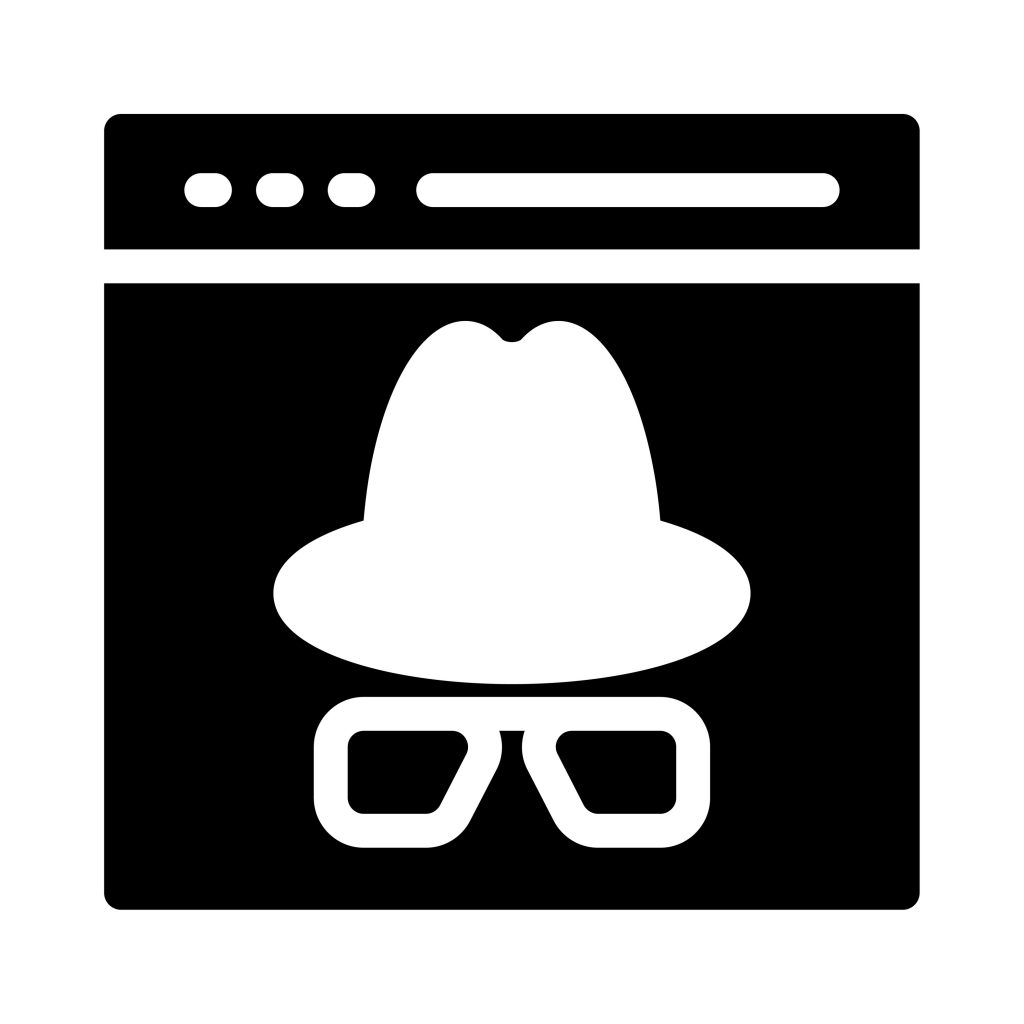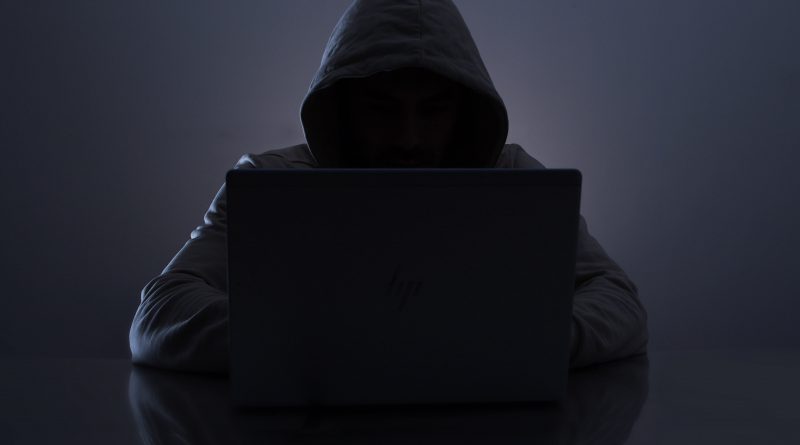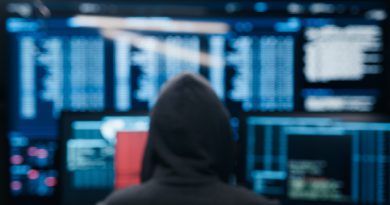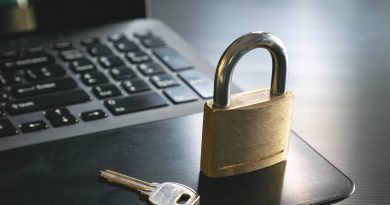The Dark Web: How You Can Keep Safe from the Darkest Corners of the Internet
The internet has been a helpful tool in the past few decades – everything from the convenience of searching for information to shopping and banking online has made life easier. With all of the positives that the internet brings there is also a negative side, including cybercrimes such as identity theft which earned 11,000 reports from Scamwatch in 2020 alone. Cybercriminals tend to access the infamous part of the internet called the dark web, intending to use illegally obtained information for malicious activities.

What is the dark web?
According to the Australian Cyber Security Centre (ACSC), the dark web is “made up of sites that are not indexed by search engines, and are only accessible through specialty networks such as The Onion Router (ToR).” The dark web is a collection of websites on an encrypted network that is very difficult to access. Cybercriminals often use the dark web for illegal transactions to buy and sell stolen personal information, drugs, and money in exchange for bitcoin. One such example found on it is Silk Road, a black market that used to be on the dark web, used cryptocurrency for its illegal transactions of the drug trade and other stolen goods and information.
Despite the nefarious activities, the dark web remains legal to use in most countries, though the act of using the content obtained in it still depends on the country’s laws. However, most of the activities on the dark web remain to house illegal trade and transactions, and stolen information from data breaches and leaks are most likely to be sold or traded on the dark web.
Protect yourself from malicious activities
You may be wondering: is my information on the dark web? It’s possible. Data breaches and leaks cause stolen information exchanged in the black market found on the dark web; there have been more than 1,000 data breach instances that happened in Australia in 2020 alone.
So how do I protect myself and my personal information against hackers and malicious activities? What we can do to avoid getting hacked and have our information sold in black markets through the dark web is to use techniques to serve as a protection for your devices and your personal information. Here are some best practices you can do starting from today:
- Do not open suspicious texts or emails. The first step in keeping yourself safe from malicious activities is avoiding them entirely. If you see texts or emails that you are not expecting, or the contents of any email seem too good to be true, it’s always safest to delete them or report to the government’s cybersecurity team.
- Never provide strangers with any of your personal information. You need to always be on guard on as to who and where you provide your sensitive data to. Treat your personal information as something precious and valuable. Make sure that the person or website you are sharing your information to is a legitimate source from legitimate organisations.
- Ensure you have updated antivirus software. Keep your devices secured with antivirus software like Trend Micro Premium Security Suite which can protect you from various malware, phishing attempts, and more, for all your devices. Always make sure that your antivirus software is up-to-date, which will help repel hackers wanting to steal your information.
- Keep track if your data is being leaked. Always be aware of data breaches or leaks that could endanger your personal information. Private data such as financial information, passport number, email address, and phone numbers could be illegally exchanged on the dark web. Get a dark web monitoring tool which will notify you if any of your personal data has been leaked on the Dark Web. Trend Micro Premium Security Suite includes ID Security app feature that monitors and notifies you immediately if any of your private information is compromised. Once notified, you may check if any of your email address, credit card number, bank information, or passport information is leaked on the dark web so you can change your passwords and secure your respective accounts immediately.
Ensure that you keep these best practices in mind to avoid your identity from being stolen and protect yourself from other cybercrimes. Utilise the dark web monitoring tool, which not only serves as your private information’s personal guard against criminals plotting to take them but will keep you updated on the latest on data breaches. If you or anyone you know has been scammed, you can report it to Scamwatch.




